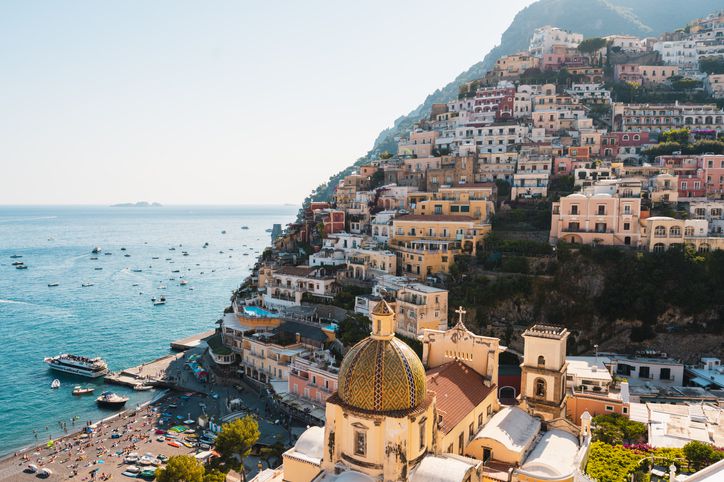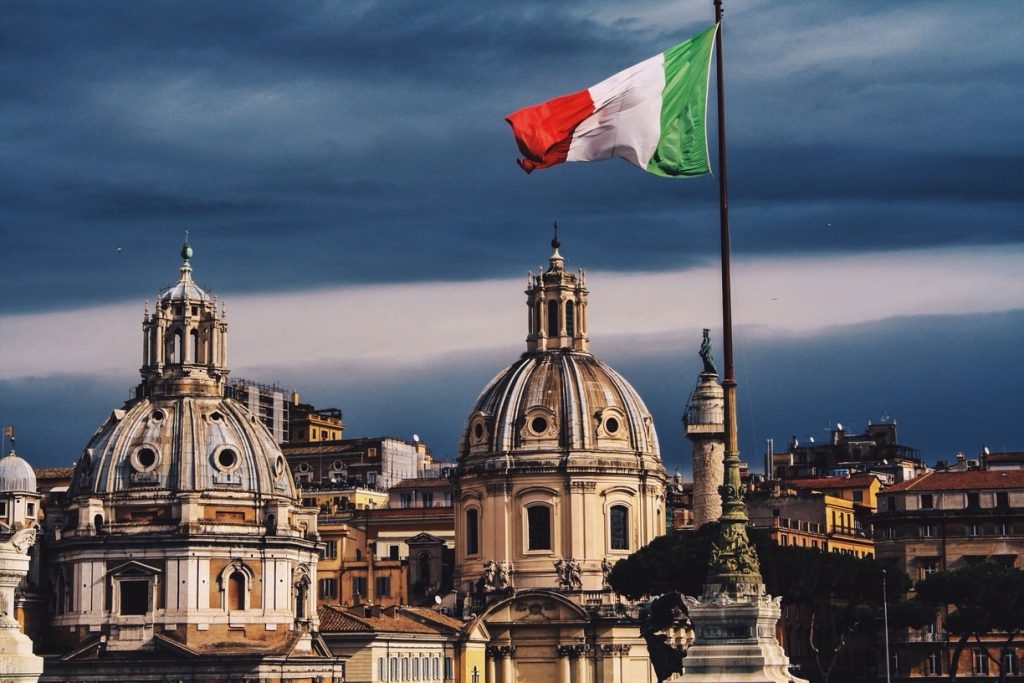
08 Jun Exploring Italy Beyond 90 Days: A Guide to Long-Term Visas for Non-EU Citizens
Can non-Europeans stay and live in Italy beyond 90 days?
Whilst millions of people would love to linger longer in Italy, perhaps to enjoy the best of art and culture to be discovered anywhere, or to escape from a frenzied pace of life and wind down just a little, then unless you’re married to an Italian, or descended from one, you’re going to require a non-tourist visa.
For visits of up to 90 days within a 180-day period, all non-EU citizens can generally travel to Italy for tourism, business trips, or other short-term purposes. However, you should ensure that your passport is valid for the duration of your stay and 6 months thereafter.
Here are a few possibilities to obtain a visa for longer than 90 days as a tourist:
- Family Reunification: As the spouse of an EU citizen, you may have the right to join your spouse in Italy under the provisions of family reunification. This right is typically granted under EU law and allows family members, including spouses, to join their EU citizen family member in an EU country like Italy.
The exact requirements and procedures for family reunification can vary by region and locality within Italy, so it’s recommended to consult with the Italian Embassy or Consulate in the UK or an immigration consultant or lawyer, to understand the specific process and documentation required.
2. Employee Work Permit: If you have a job offer or plan to work in Italy, you will need a work permit. Your employer may assist you in obtaining the necessary documentation, and this is the best way to obtain one. Otherwise you will have to meet stringent criteria for a highly qualified position. You may also apply (as self employed persons also do, via the quota system (decreto flusso) as an employee or self-employed professional. A limited number of places are allocated annually in Italy and different work categories are also capped based upon Italy’s perceived worker needs in specific areas, so this can be very challenging
3. Study Visa: If you plan to study in Italy, you will need a study permit. This usually involves enrolling in an Italian educational institution and fulfilling the requirements set by the institution and immigration authorities (usually minimum 20 hours per week study program). It’s possible to convert a study permit to a work permit after your course is completed, subject to Italy’s quotas for such a transition.
4. Self-Employment Permit: If you intend to start a business or work as a freelancer in Italy, (and your spouse is not Italian or an EU citizen with Italian residency), currently you need to apply for a self-employment permit via the quota system described above. Italy allocates an average of perhaps 500 self employment visas each year and the requirements to obtain one of those are not so straightforward. There is news about Italy developing a digital nomad visa but no particulars have been developed or announced yet.
Start-up Visa: A streamlined, procedure has been in place since June 2014 for foreign entrepreneurs interested in establishing innovative business companies in Italy, however there are no guarantees of acceptance.
5. Elective Residency Visa: This is probably the most common visa awarded to non-EU and non-working immigrants to Italy. This visa requires demonstrating that you possess an existing passive-style income of approximately €31,000 for an individual or €38,000 for a couple, annually. The income must not be derived from employment, but from a pension or investments, including an annuity or rental properties, or any other non-work-related source, that can be proven and is consistent. In certain cases, it is now possible to convert a Permit of Stay obtained through this visa into a work permit after one year of living in Italy.
To begin the application process, you will need to reach out to the Italian Consulate that has jurisdiction over your current place of residence. They will provide you with the necessary list of documents required for the application. Once you obtain the visa and arrive in Italy, you can then apply for a Permit of Stay, allowing you to reside in the country legally.
6. Investor Visa.
Since 2017, certain provisions have been established to enable investors to obtain a two-year visa to reside in Italy. To qualify for this visa, investors must fulfill specific investment criteria. These include investing a minimum of €250,000 in the share capital of an innovative start-up company, or €500,000 in listed Italian companies, or €2 million in Italian government bonds, or €1 million in philanthropic projects.
An interesting development in this regard is that a real estate company has recently been registered as an innovative Italian start-up. As a result, investments made in properties through this type of company can now qualify investors for residency status in Italy. This presents an alternative pathway for individuals seeking to obtain residency through property investments in Italy.
It is advisable to visit an Italian Consulate and the official website of the Italian Embassy or first consult with an immigration lawyer or specialist to obtain the latest information and guidance on the necessary steps to live in Italy as a non-EU Citizen. We can help direct you regarding the above options if you’d like to be in touch.
Get in touch below if you’re considering buying a property or moving to Italy.
Investing in Italy: A Welcoming Gift for Generations
The Allure of Tax Breaks: A Smart Investment Choice for Italian Real Estate When considering investing in real estate, tax…
The Real Cost of Purchasing Property in Italy: Navigating the Journey Alone
Picture yourself strolling through the cobbled streets of an ancient Italian village, the scent of freshly baked pizza wafting through…
Unlocking the Doors to Working in Italy
Are you dreaming of la dolce vita, craving to immerse yourself in the rich heritage of Italian life and culture,…
Owning a Slice of Italia: Can US Citizens Buy Property in Italy?
If you’ve ever dreamed of owning a charming villa nestled in the rolling hills of Tuscany or a cozy apartment…

















